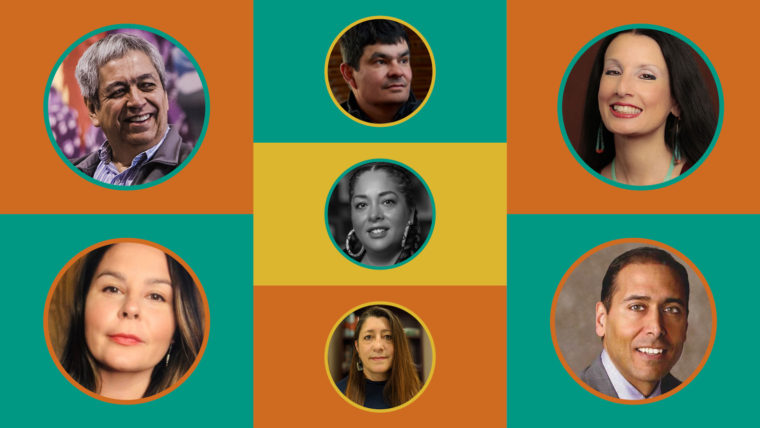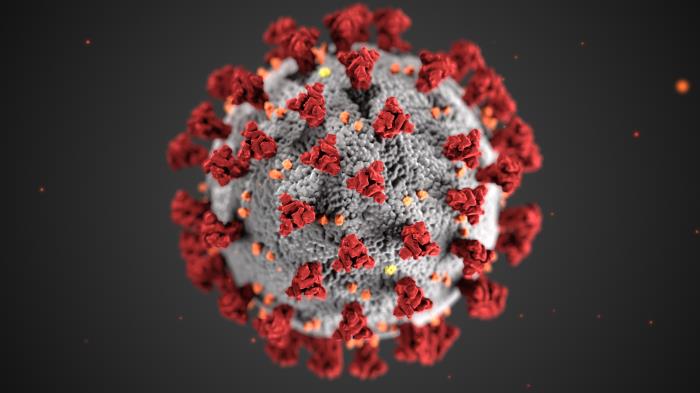In October 2020, Urban Indian Health Institute (UIHI) invited Native professionals and community advocates to engage in a discussion about clinical trials for COVID-19 vaccines and treatments. With the COVID-19 virus continuing to spread throughout Indian Country, it is important to provide context of historical abuse and exploitation American Indians and Alaska Natives have experienced in the name of research and to determine how we can be part of a solution for ethical research practices that serve the health and safety needs of our relatives. This four-part video series aims to provide key information for American Indians and Alaska Natives considering participation in clinical trials or accepting COVID-19 vaccines or medicines and for tribal or urban Indian organization leadership to consider when making decisions about participation in clinical studies.
American Indian/Alaska Native Experiences with Research
There is a long history of abuse, exploitation, and mistrust embedded within the field of scientific research involving American Indians and Alaska Natives. These community memories and experiences of historical harms must be acknowledged if we are to address unethical research practices, provide individual and group protection for our people, and build a stronger future. Listen to Guthrie Ducheneaux (Lakota/Cheyenne River Sioux Tribe), Abigail Echo-Hawk (Pawnee), Rebecca Tsosie (Yaqui), and William Hall (Tlingit) discuss the legacy of historical harms, concerns and solutions around the role of scientific research, and public health in Indian Country.
Representation in Clinical Trials
Representation of American Indians/Alaska Natives in clinical trials is severely limited as a result, in part, to mistrust of outsider research that has done little to benefit Native peoples and sometimes inflicted harm on our communities. This group of Native professionals and community advocates considers how we must begin to grow an “Army of People” to build our own evidence and research that improves the health and wellness of our communities. Guthrie Ducheneaux (Lakota/Cheyenne River Sioux Tribe), Abigail Echo-Hawk (Pawnee), Bill Hall (Tlingit), Jeffrey Henderson (Lakota/Cheyenne River Sioux Tribe), and Rose James (Lummi) discuss the importance of providing resources and education specific to Native people so that our relatives can make informed decisions about participation in research, recognizing the need for culturally relevant research frameworks, and respecting tribal sovereignty whether they reside in reservation or urban areas.
Data Sovereignty
Data sovereignty may be a new topic, but it is far from being a new process in Indian Country. Tribal Institutional Review Boards (IRBs) and tribal resolutions have been established to ensure that there is no misuse of data by researchers. Questioning how the data will be used and how it will be communicated back to tribes and their communities is critical to strengthening data sovereignty. In this video, you will hear Abigail Echo-Hawk (Pawnee), Guthrie Ducheneaux (Lakota/Cheyenne River Sioux Tribe), Bill Hall (Tlingit), Rebecca Tsosie (Yaqui), and Rose James (Lummi) discuss the current and potential role that data should serve in guiding studies so that research can benefit Native health.
What is the Process of Participation in COVID-19 Vaccine and Treatment Clinical Trials?
The process of participating in human vaccine and treatment clinical trials goes beyond the act of signing consent forms. It requires purposeful investigation into the role of equity in clinical trials, the intentions behind consent for participation in research, and, ultimately, the transparency in research process and application through health communications and messaging. Listen to Guthrie Ducheneaux (Lakota/Cheyenne River Sioux Tribe), Bill Hall (Tlingit), Jeffrey Henderson (Lakota/Cheyenne River Sioux Tribe), Rose James (Lummi), and Jill Kessler (Lakota/Cheyenne River Sioux Tribe) discuss the expectations of clinical trials, how research needs to be democratized, and how the right messages need to be amplified by and for Native people and throughout Indian Country.
Meet the Speakers
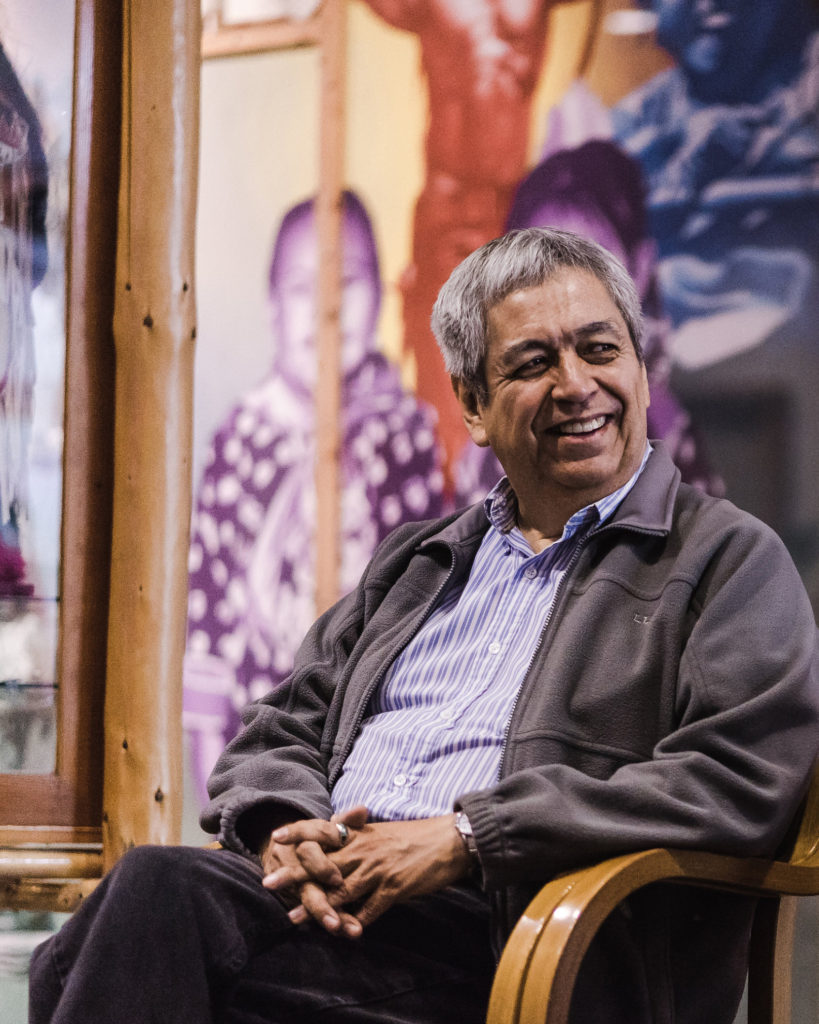
Bill Hall (Tlingit)
Bill Hall is a Tlingit Indian from southeast Alaska and is a member of the Raven Clan. He has been living with HIV/AIDS for 35 years and is very open about his positive status. He is involved with several groups including defeat HIV, HIV50+ Strong and Healthy with the National Minority AIDS Council, Equity in Research, which is associated with Seattle Children’s Hospital, and he considers himself first and foremost an advocate for the Native American Community on HIV/AIDS. Aside from participating in the making of the video “Positively Native” which speaks to the global stigma around AIDS in the Native Community, he has spoken several times as a Native American advocate. He also participated in planning the annual National Native American HIV/AIDS Awareness Day community event that has been held for the past three years at Seattle Indian Health Board.
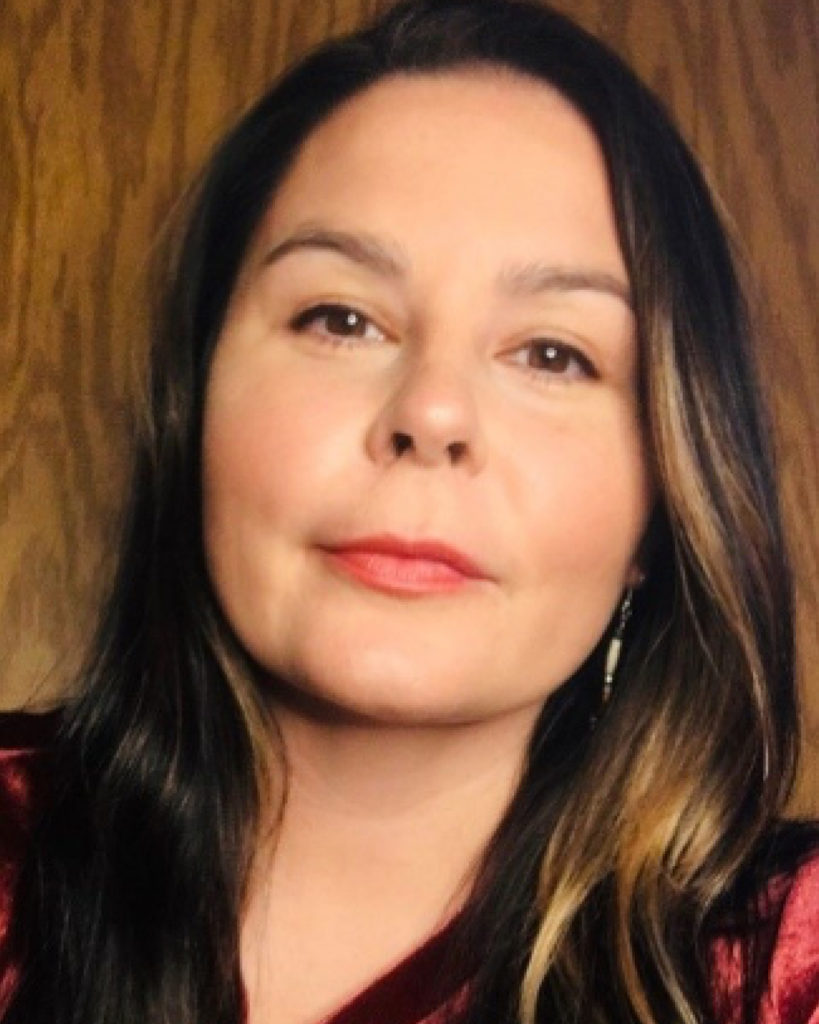
Jill Kessler (Lakota – Cheyenne River Sioux Tribe)
Jill Kessler has an MS in Counseling & Human Resource Development and is the Project Coordinator for Missouri Breaks Industries Research, Inc.
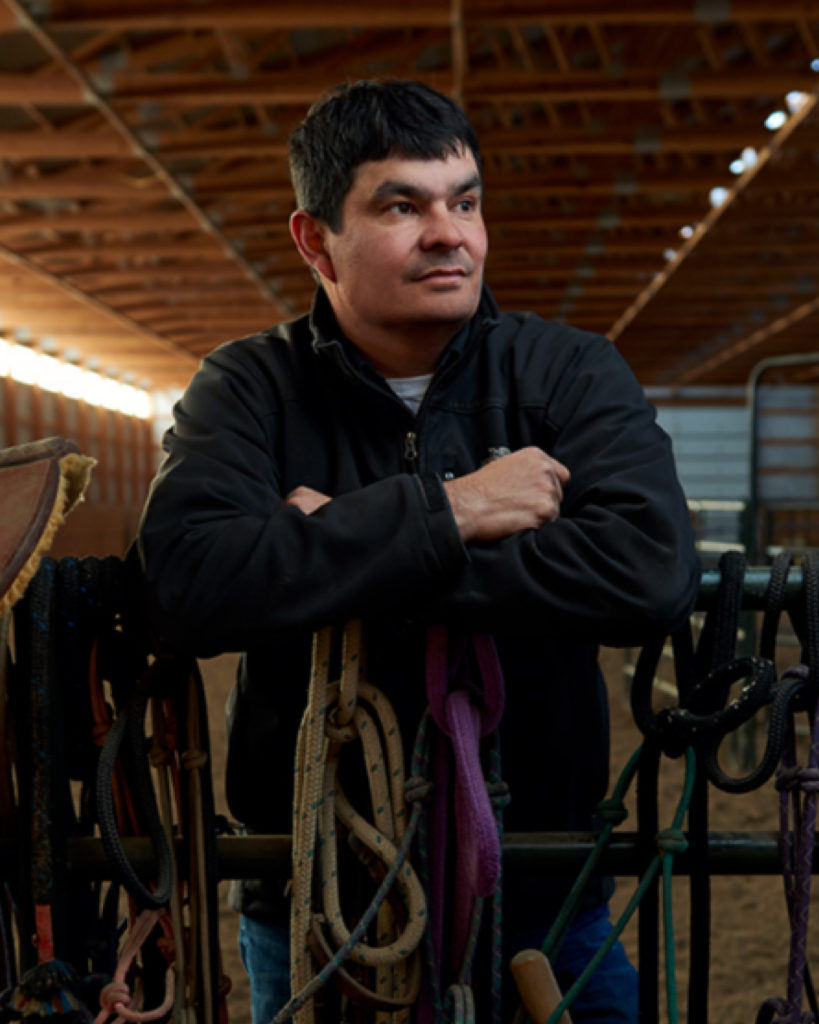
Guthrie Ducheneaux (Cheyenne River Sioux Tribal Member)
Guthrie Ducheneaux was born, raised, and currently resides on the Cheyenne River Sioux Indian Reservation in North Central South Dakota. He comes from a family that has always worked towards building our communities and has worked his whole life trying to make our people’s lives better. Guthrie is currently doing that in two places: as the IT/Data Manager for Missouri Breaks Industries Research and as the Executive Director of Project H3LP, a 501(c)(3) non-profit that uses Awareness, Empathy, and Presentation as the guiding principles in Creating Stable Foundations in the people we live with on the Reservation.
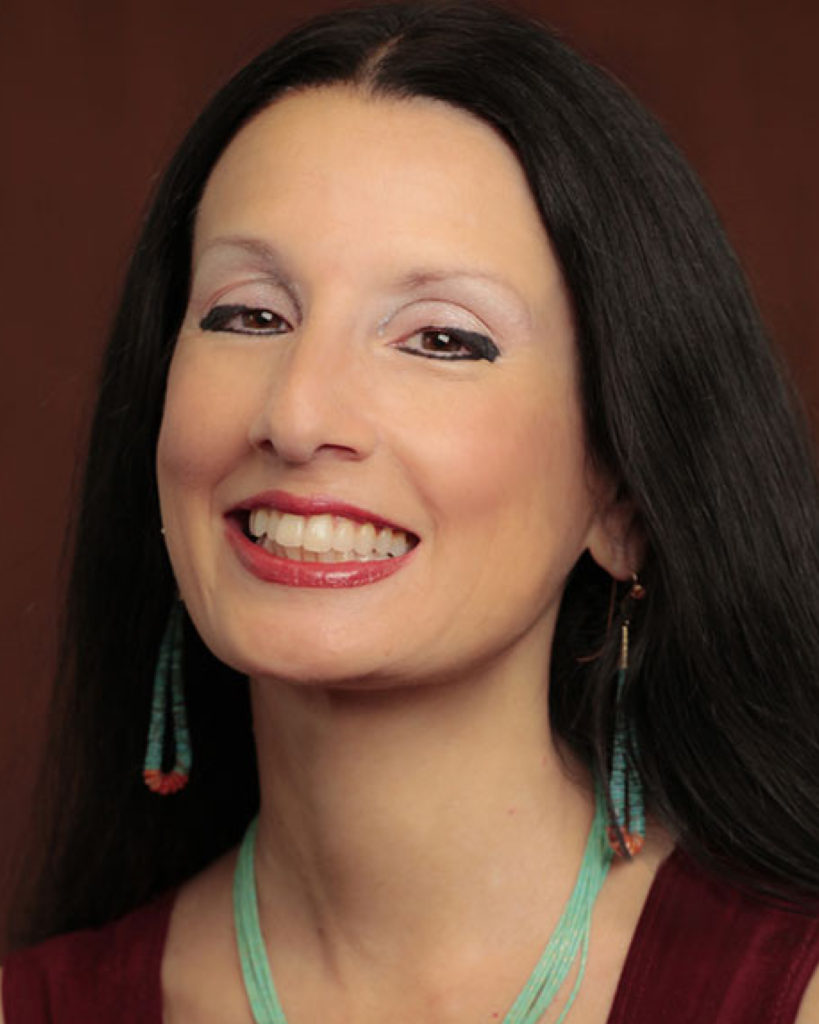
Rebecca Tsosie (Yaqui)
Rebecca Tsosie is a Regents Professor at the James E. Rogers College of Law at the University of Arizona and serves as a faculty co-chair for the Indigenous Peoples’ Law and Policy Program at the University of Arizona. Professor Tsosie, who is of Yaqui descent, is widely known for her work in the fields of Federal Indian law and Indigenous peoples’ human rights. Prior to joining the U of A faculty, Professor Tsosie was a Regent’s Professor and Vice Provost for Inclusion and Community Engagement at Arizona State University. Professor Tsosie was the first faculty Executive Director for ASU’s Indian Legal Program and served in that position for 15 years. Professor Tsosie has published widely on sovereignty, self-determination, cultural pluralism, environmental policy, and cultural rights. She teaches in the areas of Federal Indian Law, Property, Constitutional Law, Critical Race Theory, and Cultural Resources Law. Professor Tsosie is a member of the Arizona Bar Association and the California Bar Association. She also serves as a Supreme Court Justice for the Fort McDowell Yavapai Nation and as an Associate Judge on the San Carlos Tribal Court of Appeals. She received her B.A. and J.D. degrees from the University of California, Los Angeles.
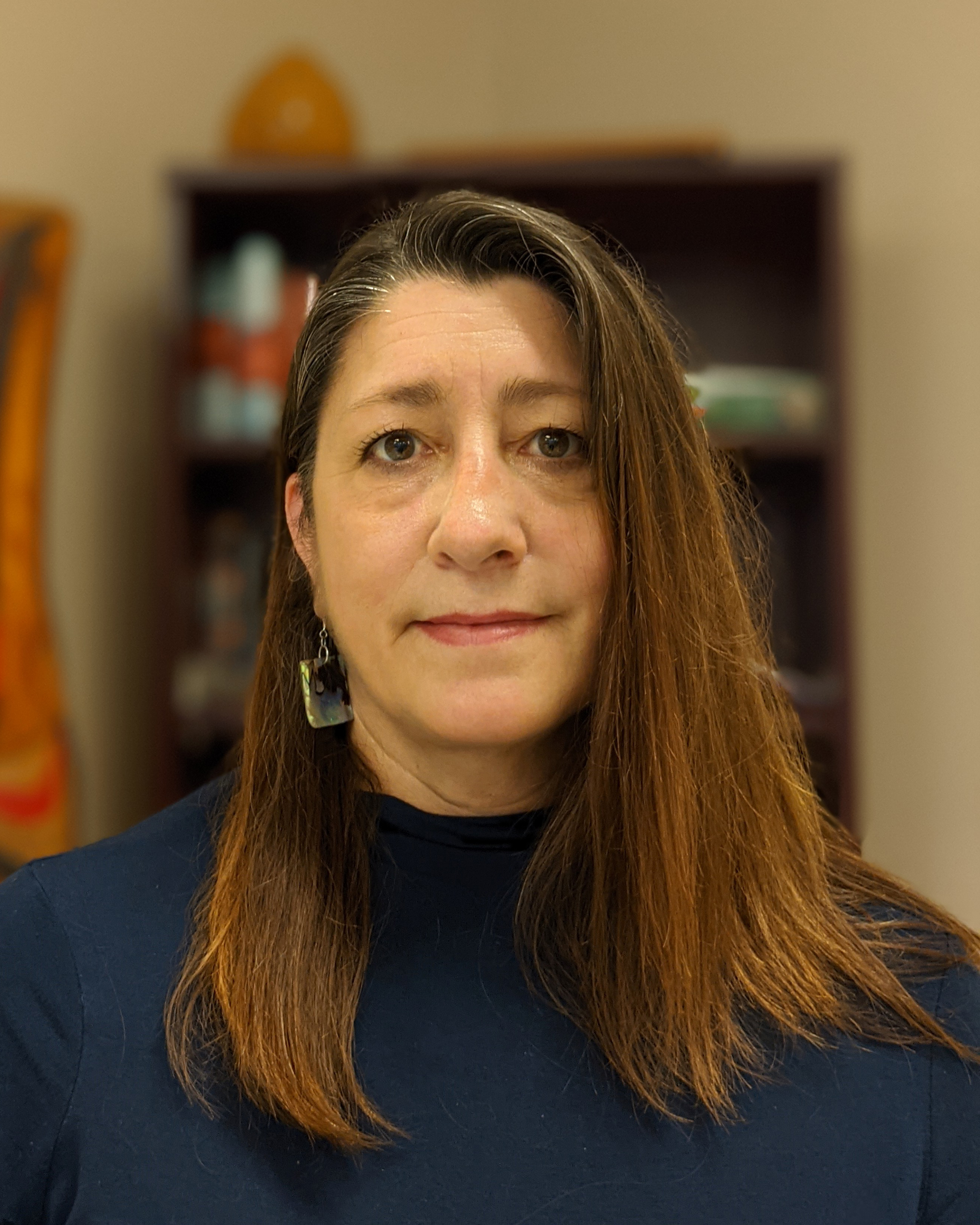
Rose James, PhD (Lummi)
Rose James is Director of Evaluation and Research at Urban Indian Health Institute (UIHI). In addition to being a division of Seattle Indian Health Board, UIHI is one of 12 Tribal Epidemiology Centers and the only one that serves Urban Indian Health Programs nation-wide. Dr. James oversees health program evaluation, several research efforts, and provides qualitative and quantitative data collection, analysis, and reporting support to tribal and urban Indian organizations. She designs and conducts trainings, workshops, and consultations that center data collection and utility through evaluation and research around core Indigenous values and practices. In this respect, Dr. James supports the UIHI commitment to decolonizing data by ensuring that data is accurate and accessible for partners, providers, policy makers, and health advocates and is informed by the people who know the health needs best—Native people.
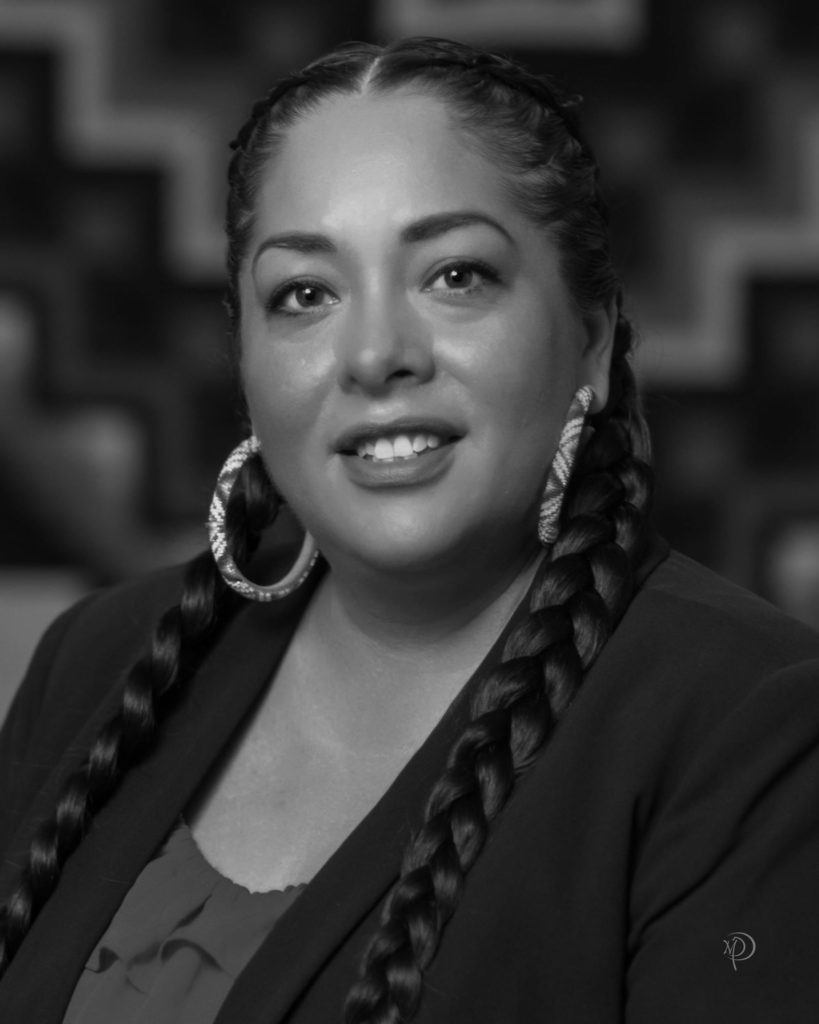
Abigail Echo-Hawk, MA (Pawnee)
Abigail Echo-Hawk was born in the heart of Alaska where she was raised in the traditional values of giving, respect for all, and love. Ms. Echo-Hawk currently serves as the Director of Urban Indian Health Institute (UIHI) and the Chief Research Officer at Seattle Indian Health Board. Urban Indian Health Institute is a Tribal Epidemiology Center that serves tribal people currently living off tribal lands nationwide. In addition, in UIHI’s role as the National Coordinating Center for Good Health and Wellness in Indian Country, she also works with approximately 100 tribal nations. Her work incorporates these core principles and activities: engagement and participation of community partners; research and evaluation on health, healthcare, and other community priorities; education, training, and capacity-building for Native people, including researchers, students, and communities; infrastructure development; technical assistance; and sharing results in a way that recognizes and respects the unique cultural contexts of American Indian and Alaska Native people. In these roles she also works with American Indian and Alaska Native tribes and organizations to identify health research priorities and with health researchers to ensure research is done in a manner that respects tribal sovereignty and is culturally appropriate.
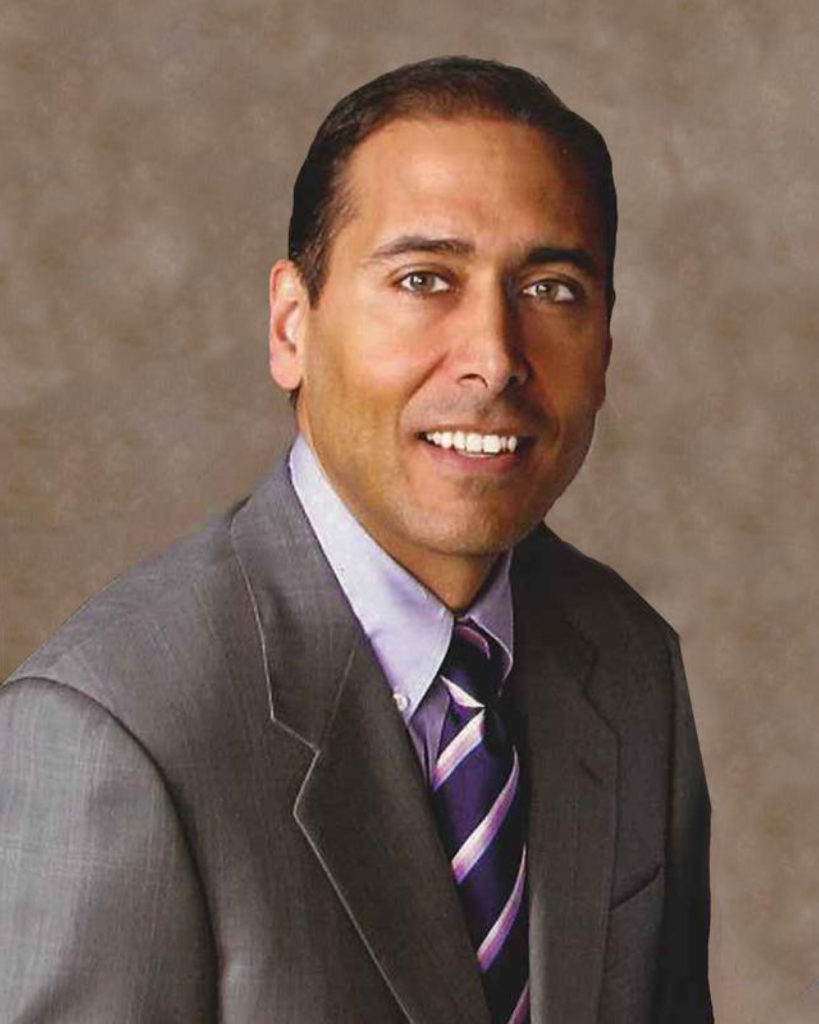
Jeffrey Henderson, MD, MPH (Lakota/Cheyenne River Sioux Tribe)
President & CEO, Black Hills Center for American Indian Health
BHCAIH Board of Directors, President
Jeffrey Henderson is Lakota and an enrolled member of the Cheyenne River Sioux Tribe. Dr. Henderson acquired both his Bachelor’s and Medical degrees from the University of California, San Diego and completed residency in Primary Care Internal Medicine at the University of Washington. Dr. Henderson served as Clinical Director of the PHS Indian Hospital in Eagle Butte, South Dakota in 1992 and returned to Seattle in 1994 to pursue his Master’s training in Public Health, after which he moved to the Black Hills of western South Dakota and returned to work in primary care once again for the Indian Health Service. Dr. Henderson began his transition to public health and epidemiology by joining the well-known Strong Heart Study as a co-investigator and by founding the Black Hills Center for American Indian Health, a community-based, non-profit organization whose mission is to enhance the wellness of American Indians through research, service, education, and philanthropy. When not working, Dr. Henderson can be found spending time with his beautiful wife and two children, dancing and singing at pow-wows, riding his bicycles and motorcycles, and skiing and hiking throughout the Black Hills.

